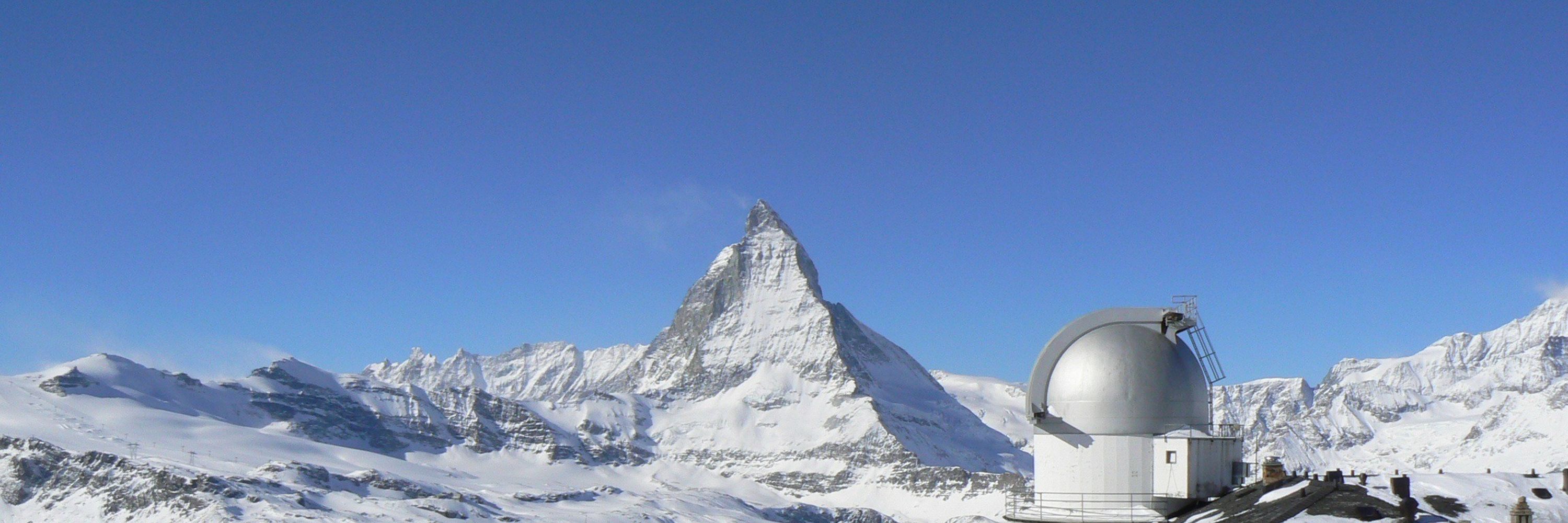
and leave comments
www.biorxiv.org/content/10.1...

and leave comments
www.biorxiv.org/content/10.1...
Read the preprint + tell us what you think: doi.org/10.1101/2025...
#Neuroeconomics #Stress #Risk #fMRI #Bayesian

Read the preprint + tell us what you think: doi.org/10.1101/2025...
#Neuroeconomics #Stress #Risk #fMRI #Bayesian
And special shout out to my co-authors who made this possible📣📷<🙏👏
@niklasbuergi.bsky.social @arkadykonovalov.bsky.social and Christian C. Ruff
#neuroeconomics
(5/5)
And special shout out to my co-authors who made this possible📣📷<🙏👏
@niklasbuergi.bsky.social @arkadykonovalov.bsky.social and Christian C. Ruff
#neuroeconomics
(5/5)


Our new Bayesian model CHASE captures and characterizes this adaptive behavior! #gametheory
(2/5)

Our new Bayesian model CHASE captures and characterizes this adaptive behavior! #gametheory
(2/5)

